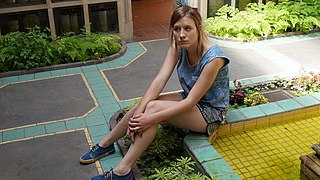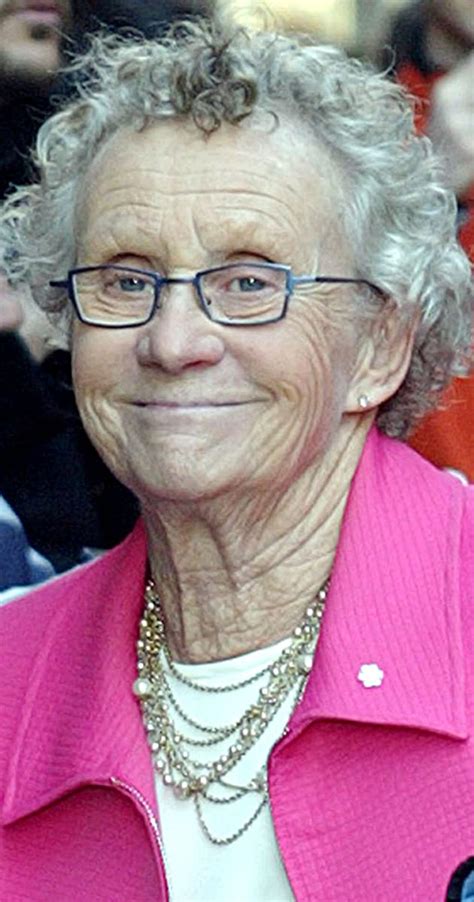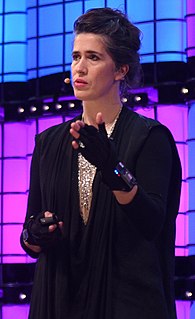A Quote by Seymour Papert
Often kids in a computer lab learn about word-processing, but if they want to write an essay, they write it by hand. This is exactly the opposite of what you want them to learn. They're approaching the computer as just another abstract school subject.
Related Quotes
I hide my documents in many different places on my computer, because I often write things that I would never want anybody to read, at least unedited, and I'm paranoid that someone might figure out what the password to my computer is and maliciously read my Word documents. So a lot of the time I lose things I've written and/or completely forget about them.
The only piece of advice I've ever given anybody is learn to write songs and write as many songs as you can. Because it's never gonna hurt, and when you run into that problem of, 'God, I don't know what I want to say,' or the opposite problem of, 'I know exactly what I want to say, but no one has written it,' then you can just go write it yourself.
I went to the Mary Lee Burbank School in Belmont. And it was a place where you, like, learned to go to the store? And I was saying, Oh God, I want to learn something else. I wanted to learn to read and write better and do mathematics better. They were very much into Abstract Expressionism and that artsy stuff. And where most kids did what I call meaningless blobs, I could render perfectly.
I was really looking at computers as a way to understand the mind. But at M.I.T., my mind was blown by having a whole computer to yourself as long as you liked.I felt a surge of intellectual power through access to this computer, and I started thinking about what this could mean for kids and the way they learn. That's when we developed the computer programming language for kids, Logo.
I write my first draft by hand, at least for fiction. For non-fiction, I write happily on a computer, but for fiction I write by hand, because I'm trying to achieve a kind of thoughtless state, or an unconscious instinctive state. I'm not reading what I write when I wrote. It's an unconscious outpouring that's a mess, and it's many, many steps away from anything anyone would want to read. Creating that way seems to generate the most interesting material for me to work with, though.
I write fiction longhand. That's not so much about rejecting technology as being unable to write fiction on a computer for some reason. I don't think I would write it on a typewriter either. I write in a very blind gut instinctive way. It just doesn't feel right. There's a physical connection. And then in nonfiction that's not the case at all. I can't even imagine writing nonfiction by hand.
I find that I end up liking songs if I really have an idea of something I wat to write about-some problem in my life or something I want to work through; if I don't have something like that at the root of the song, then I think I end up not caring about it as much. I gravitate towards some kind of concept or idea or situation that I want to write about. Very often I have to write, rewrite and come at it from an opposite angle...and I end up writing the opposite song that I thought I was going to write.
We're in an inflection point where it's cheaper to learn to read on a tablet computer than it is to learn to read on paper. And that being the case, it's only a matter of time before every 6-year-old kid has a tablet computer, and we know for a fact, 3- to 4-year-old kids are using tablets and iPads, and 75 and 80 year olds are using them.
The manual for WordStar, the most popular word-processing program, is 400 pages thick. To write a novel, you have to read a novel - one that reads like a mystery to most people. They're not going to learn slash q-z any more than they're going to learn Morse code. That is what Macintosh is all about.






































